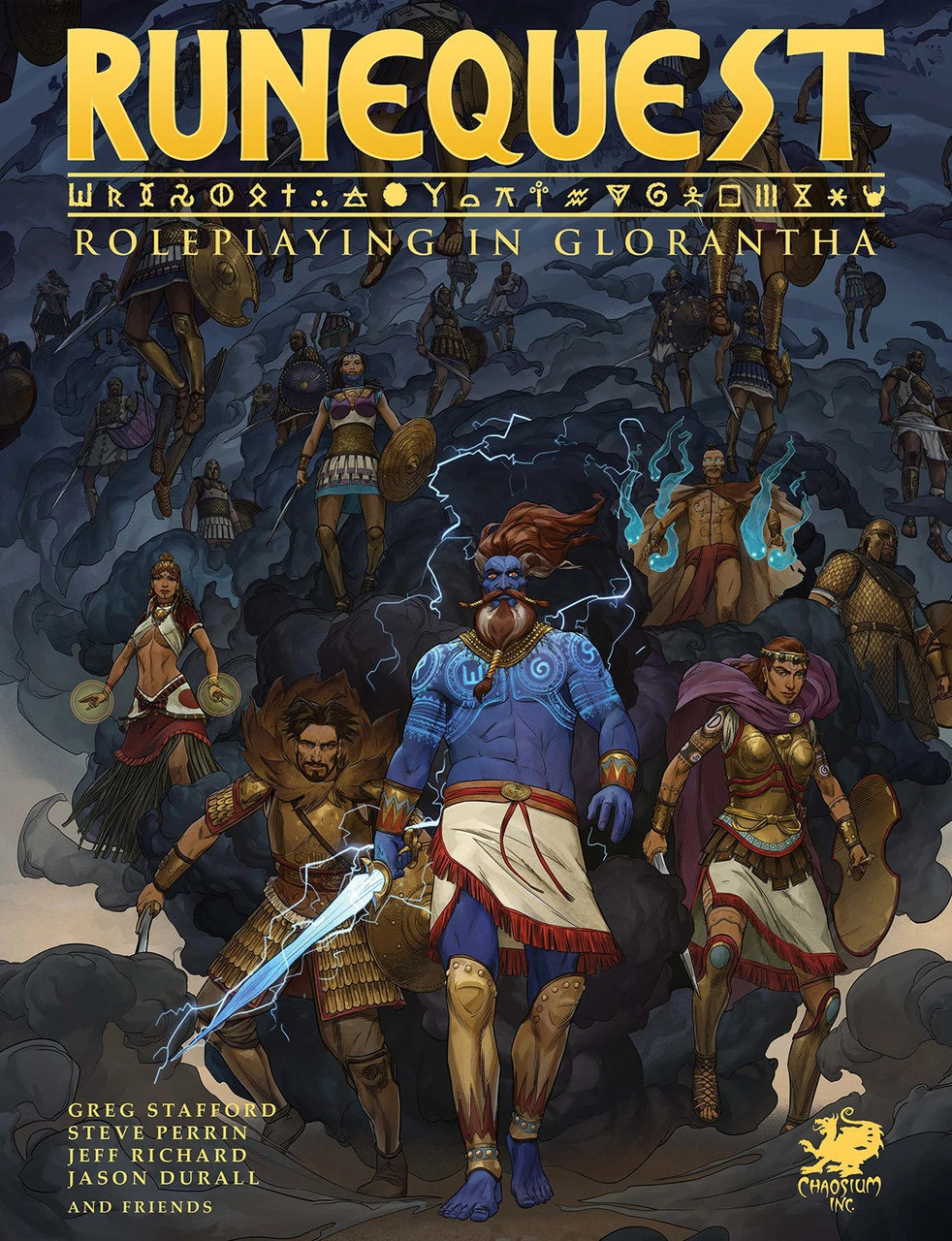"Twisted Gods" - few concepts for an insipiration"
In RPG and fantasy, we are often faced with a situation where the existence of gods is an empirically confirmed fact, rather than a matter of belief. Two extremes can be distinguished in the representation of these entities (note – I do not claim that all creation adopts one of these two extreme points of view). On the one hand – the trend adapted by e.g. most of the settings for D&D – gods are personification of certain values professed by people, not infrequently they are even „born” from the faith of mortals or at least derive power from it/are shaped by it – gods described as „good” are simply good in the conventional sense of the word, they sincerely care about their followers and you know what to expect from them. On the other side, we have motifs that can be considered taken from Lovecraft’s Cthulhu mythology – the gods are incomprehensible, distant beings, completely unconcerned with human worldviews and so-called „good and evil”, mostly indifferent to humanity (and if by chance their paths intersect with humanit’s ones, humanity is screwed) – at the same time, it is not uncommon for most mortals to be unaware of their existence, instead worshipping imaginary, more anthropomorphic deities tailored to their emotional needs.
In this article, I wanted to present deities standing somewhere in the middle – entities whose goals, yes, are not fully understood by mortals, but nevertheless close enough to human morality that worshippers can find some commonality (real or imaginary) with their patrons. These gods are usually directly interested in some way in the lives of their worshipers – although not necessarily in the way those worshipers would like. At the same time, I wanted each description to contain a hook, an important point where the devotees’ understanding of the deity diverges from its real nature – and whose discovery could be a significant twist.
Rest of the book is avalaible for free here: https://adeptus7.itch.io/twisted-gods
